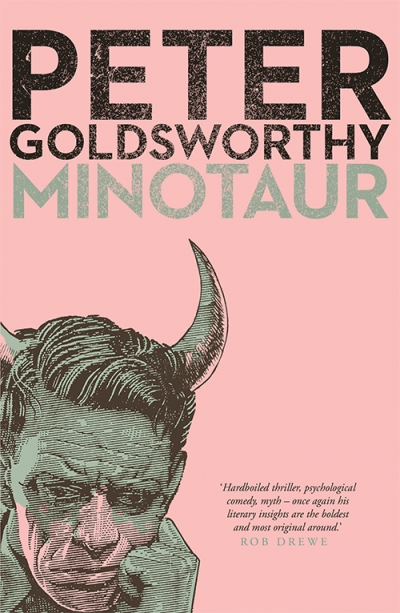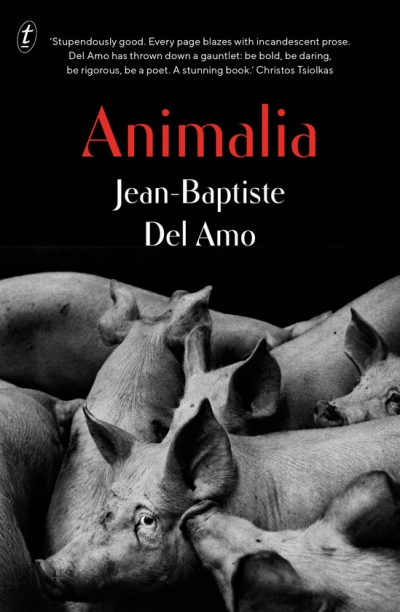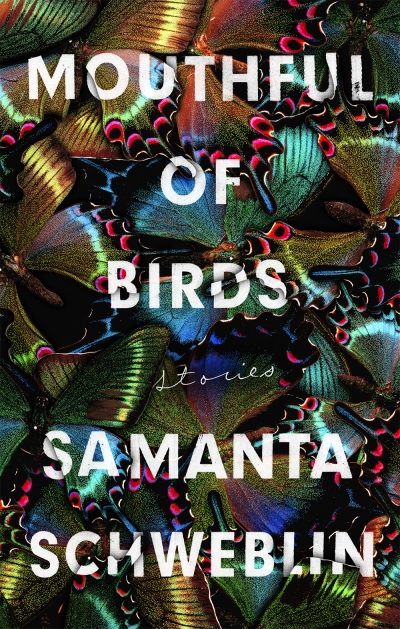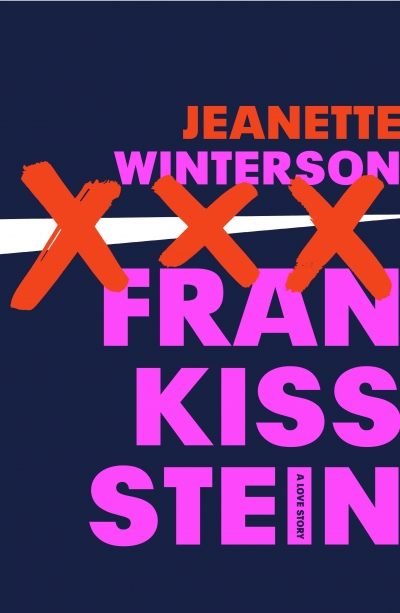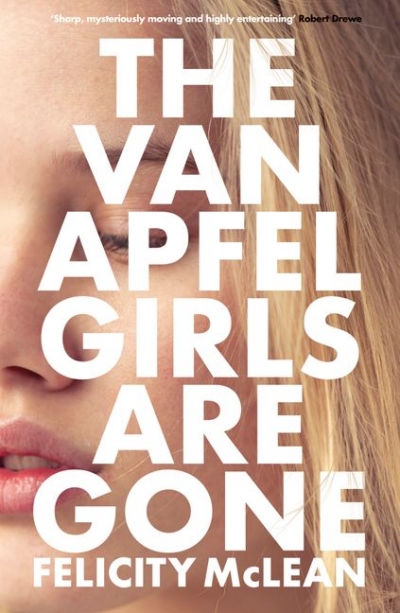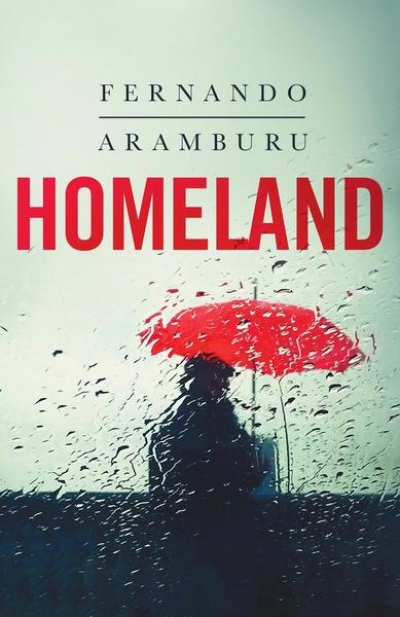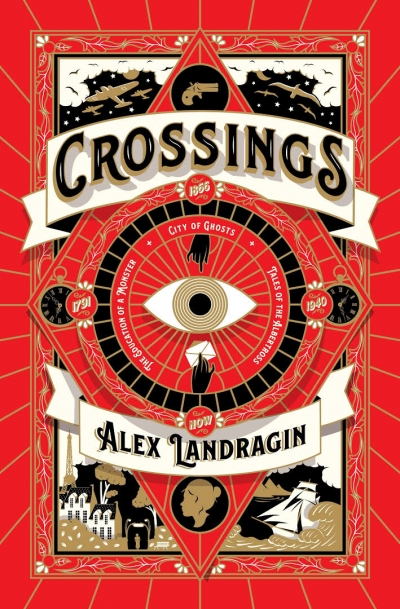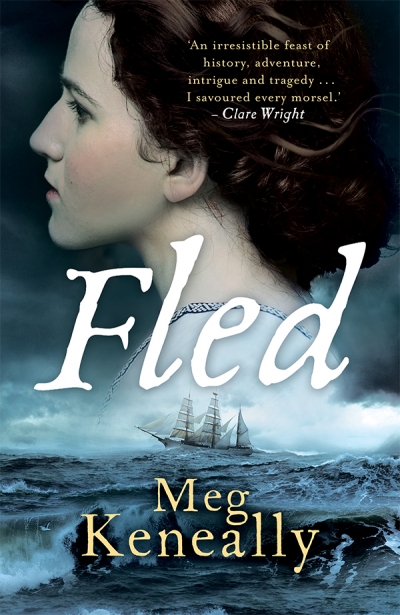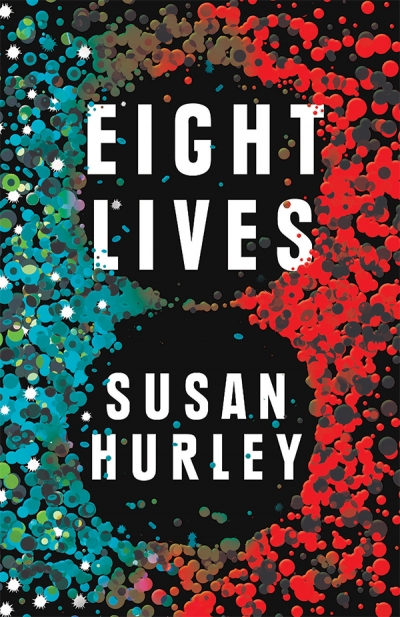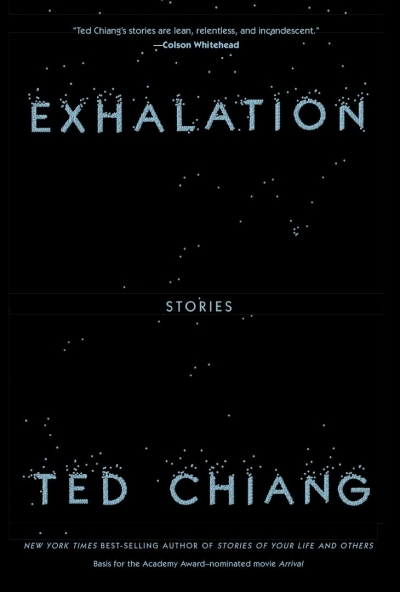Fiction
Halfway through Minotaur, Peter Goldsworthy’s jauntily satisfying novel about a sharp-tongued former motorcycle cop blinded by a bullet to the head, Detective Sergeant Rick Zadow gropes his way to a shed behind his Adelaide cottage. Inside lies a partially dismantled 1962 Green Frame Ducati 750SS ...
... (read more)Animalia by Jean-Baptiste Del Amo, translated by Frank Wynne
If you’re squeamish, this book probably isn’t for you. Each page delivers shocking or mundane violence and descriptions of guts and gore so frank they become a kind of poetry. There is clear relish in Del Amo’s depictions, and there is nothing gratuitous about them; he brings us rivetingly close to each fold of decrepit skin, the agonies of labour ...
... (read more)Mouthful of Birds: Stories by Samanta Schweblin, translated by Megan McDowell
Despite seven years of expatriate life in Germany, the Argentine Samanta Schweblin’s writerly gaze, like that of Australia’s Peter Carey or Janette Turner Hospital, remains trained upon her homeland: ‘I write from outside, literally and in a literary sense. But always looking toward Argentina.’ Schweblin acknowledges a debt to the fantastic ...
... (read more)What distinguishes man from machines? What is artificial life, death, progress? These are just some of the questions Jeanette Winterson explores in her brilliant new novel, Frankissstein, a modern take on Mary Shelley’s masterpiece, Frankenstein. Two warnings: first, the structure is complex, as the narrative segues ...
... (read more)From the ill-fated explorations of Leichhardt and Burke and Wills through to the Beaumont children, Azaria Chamberlain, and the backpacker murders in New South Wales, the history of Australia is peppered with tales and images of people going missing. And, as the First Peoples might well have been able to warn us, few of those stories turn out well ...
... (read more)Homeland by Fernando Aramburu, translated by Alfred MacAdam
ETA, a terrorist group formed in the late 1950s, was predominantly active in the Basque Country. Its name is an acronym in Basque for ‘Euskadi Ta Askatasuna’, which means ‘Basque Country and Freedom’. Fernando Aramburu’s Homeland is not the first novel to deal with the decades of ETA’s terror ...
... (read more)I didn’t write this review. I stole it. Or so a review that echoes the framing conceit of Alex Landragin’s elegant and unusual début might begin. This richly allusive, speculative historical novel opens with a preface from the book’s self-described ‘adopted parent’, the fictionalised ‘Alex Landragin’. Following the sudden death of ...
... (read more)In 1961 the great Australian poet Judith Wright published an influential essay called ‘The Upside-down Hut’ that would puzzle contemporary readers. The basis of its argument was that Australia felt shame about its convict origins, and that we needed to move on. And we have: since 1961 the representation of the convict era in fiction and on screen has ...
... (read more)

